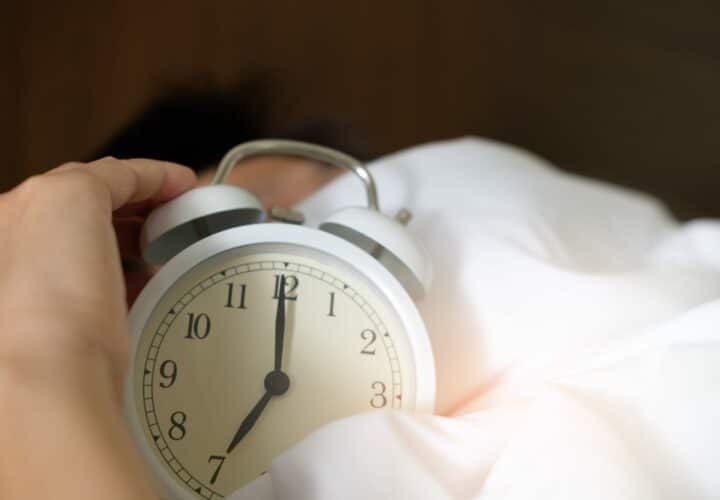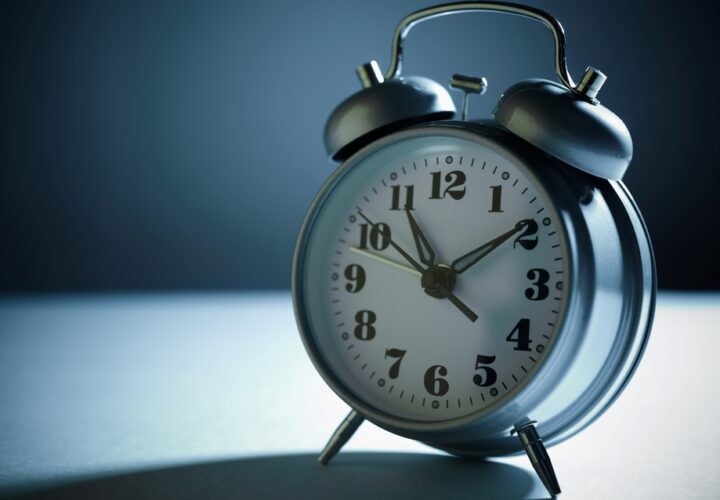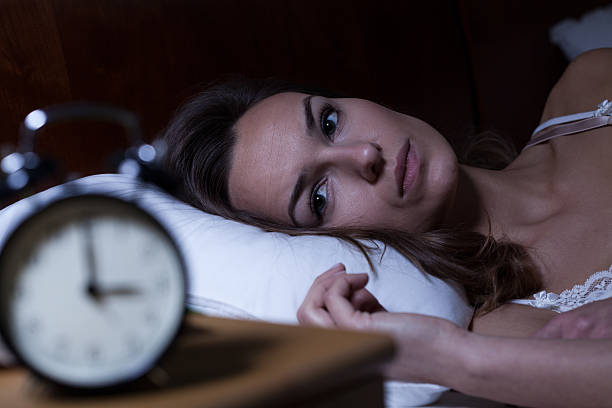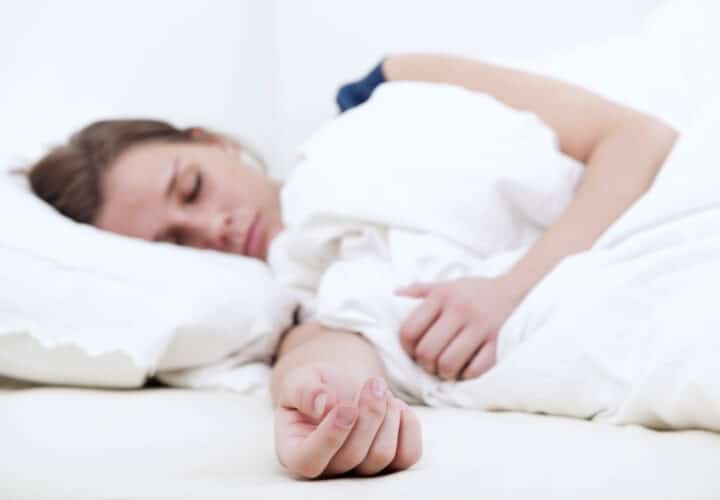Pulling an all-nighter or getting fewer hours of sleep than normal may have more consequences than simply suffering fatigue during the work day.
Pulling an all-nighter or getting fewer hours of sleep than normal may have more consequences than simply suffering fatigue during the work day. According to a new small study, losing just one night of sleep may increase a biomarker associated with Alzheimer’s disease. The study, published in Neurology, found that tau protein — considered to be one of the main marks of Alzheimer’s — became more prevalent in the brains of young men who lost one night of sleep.
Researchers in Sweden examined 15 healthy young men, most of whom were around the age of 22. Typically, the participants slept seven to nine hours per night, which is in the ballpark for the CDC’s recommended amount of sleep for adults.
In the study, the researchers examined the participants in a sleep clinic for two days and nights, and took blood samples in the mornings and evenings. During the first phase, participants were able to sleep fully both nights. In the second phase, the participants slept properly the first night, but experienced sleep deprivation the second night — by sitting up in bed talking, watching movies or playing games with the lights on.
After a night of sleep deprivation, the participants had increased levels of tau in their blood — an average of a 17 percent rise. After a quality night of sleep, participants had only a two percent increase in tau levels.
“Many of us experience sleep deprivation at some point in our lives due to jet lag, pulling an all-nighter to complete a project, or even doing shift work, working overnights or inconsistent hours,” Dr. Jonathan Cedernaes of Uppsala University in Sweden, an author of the study, said in a news release.
“Our exploratory study shows that even in young, healthy individuals, missing one night of sleep increases the level of tau in blood suggesting that over time, such sleep deprivation could possibly have detrimental effects,” Cedernaes concluded.
Sleep, the brain and Alzheimer’s
While diet and exercise have been touted as some of the most effective ways to protect your brain from dementia, sleep isn’t too far behind. Research has focused on the crucial role quality sleep plays in various brain and bodily functions — from keeping your focus sharp to “cleaning” the brain of harmful elements.
In one past study, researchers found that the glymphatic system, the brain’s “waste management,” comes into play during deep sleep. The glymphatic system is responsible for clearing waste, and cycling glucose, lipids and amino acids through the brain. The glymphatic system is mostly active during deep sleep and not when you’re awake — so the only way to get it to do its job is to get quality sleep.
Meanwhile, a number of detrimental effects on the brain have been recorded if you aren’t getting enough sleep. One study found that lacking sleep resulted in increased levels of beta-amyloid, a driver of Alzheimer’s, and past research has even shown a link between lack of sleep and other chronic health conditions, like heart disease and obesity.





I only sleep about five hours a night at age 71. Is it desirable for me to take sleeping pills in order to try to increase my sleep time?
Hello Jeff, Consult Your Physician – Being Patient does not give medical advice, nor is any information on the site intended to be prescriptive medical advice. If you have any questions about your health or the health of your loved one, please consult your physician for any and all medical-related questions. ~ Thank you.
I have the same question. At what point is it better for us to take a prescription sleeping pill? I wake up and lay in bed for an hour or more if I don’t get up and take something; usually half an Ambien. Consulting my physician will not really tell me the answer I am seeking.
Could the menopause be a link? Many women suffer poor sleep during the menopause and more women suffer from dementia.
If you had a previous period of inadequate sleep due to shift work, will getting regular sufficient sleep now make up for whatever deleterious effects of poor sleep in the past.
Fellow readers, please do everything in your power to discourage your young people from choosing careers which involve working at night, particularly in irregular hours, such as any call-out system.